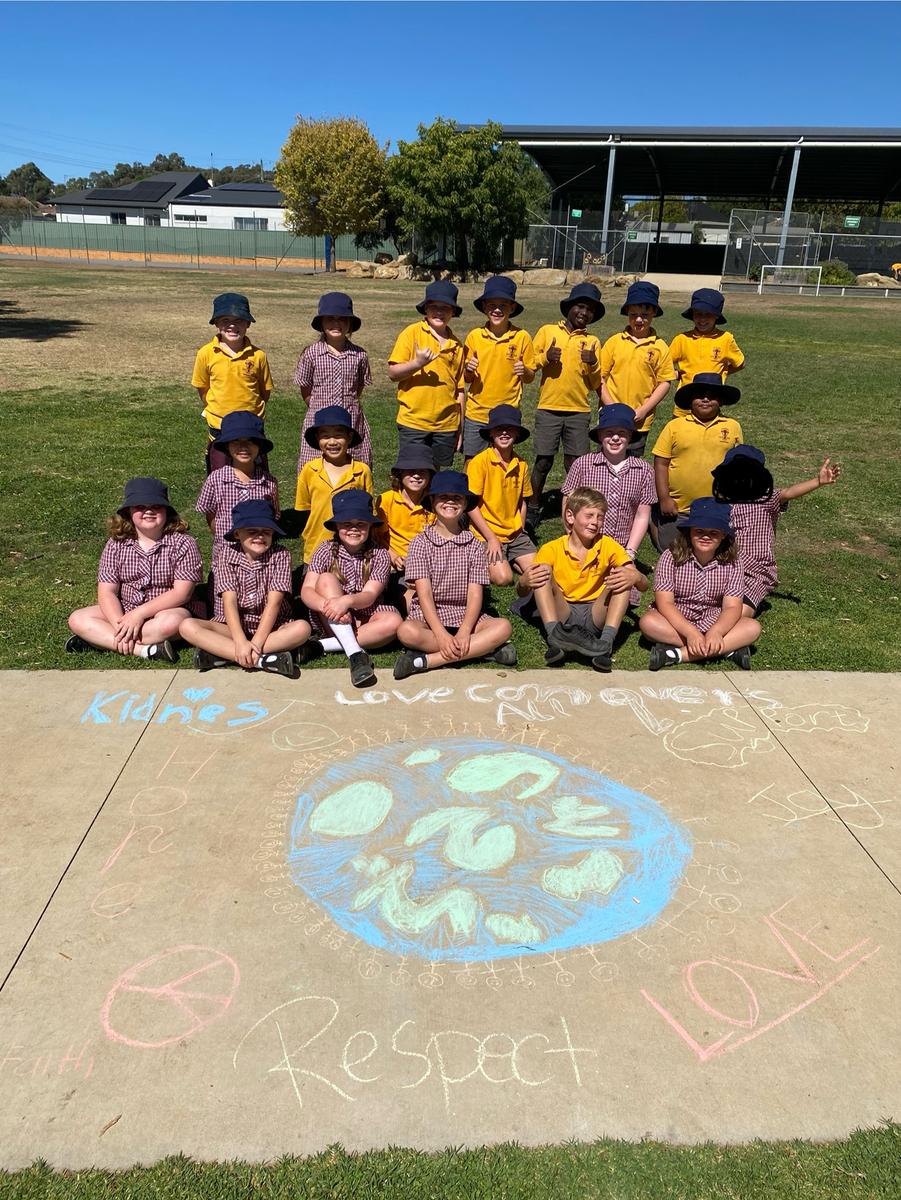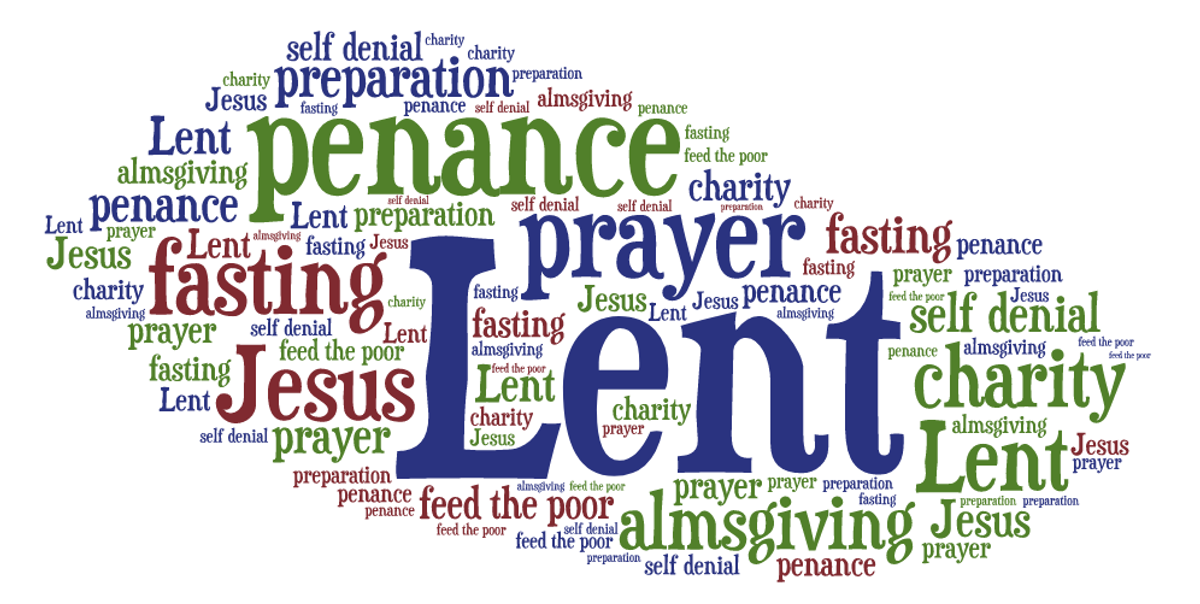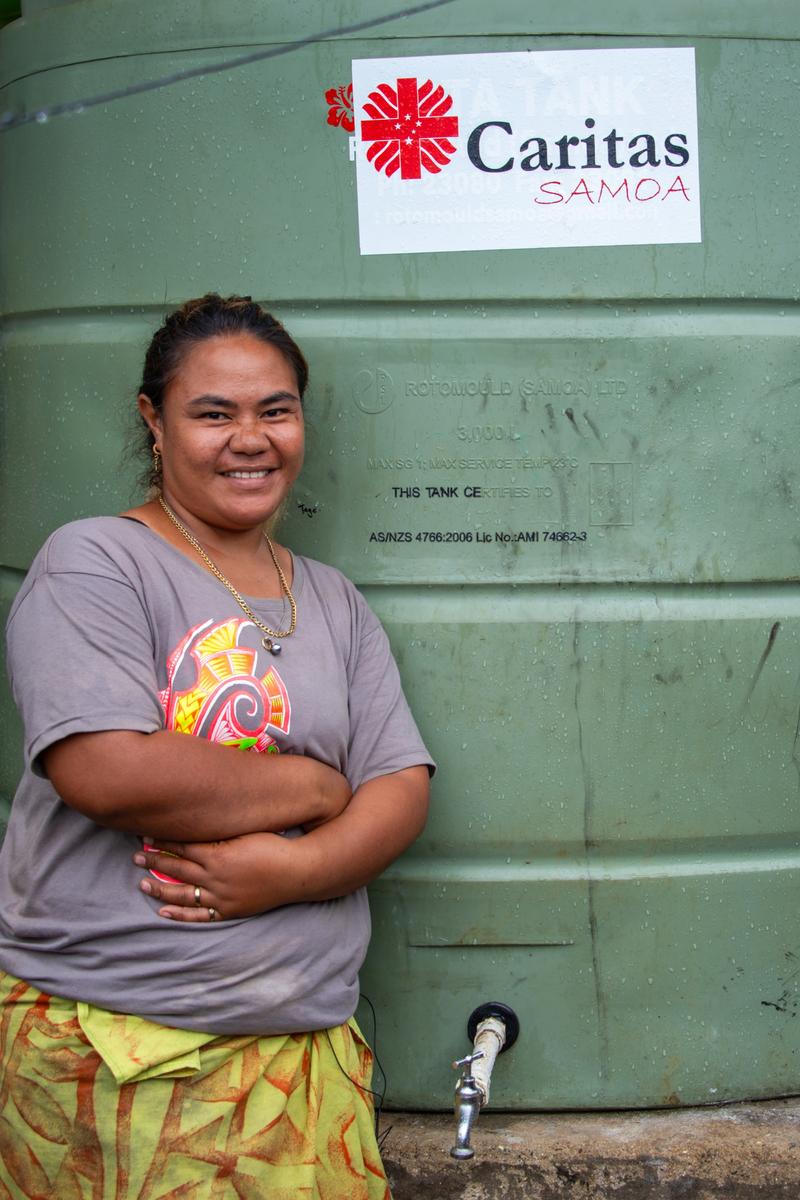Catholic Identity

Project Compassion Challenge Week
During weeks Six and Seven the students will participate in a series of classroom challenges related to Project Compassion and Lent. These activities will connect Caritas Australia's Project Compassion Appeal with the Catholic Traditions of Lent.
You might hear your children talking about the following activities:
'For all future generations' pavement art.
Students will explore the Project Compassion theme 'For all future generations' by exploring the Project Compassion resources and creating a pavement artwork that depicts the future they hope for.
Day of Prayer
The students will participate in hourly prayer focusing on themes explored in the Project compassion stories and our call to compassion and action as followers of Jesus.
Day of Fasting
Each class will choose something to go without for the day as an act of solidarity and Lenten observance. This might include going without lights, air-conditioning, chairs, or other items that will help them put themselves in the shoes of the world's most vulnerable people.
Day of Almsgiving (good works)
Today the students have a kindness challenge. In just one day, they are trying to complete 40 acts of kindness. The forty acts symbolise the forty days of Lent, and the acts of kindness connect to the Lenten practice of good works and almsgiving (charity).
Casual Clothes and Coin Line for Project Compassion
On Tuesday the 26th of March all students are invited to wear casual clothes and make a gold coin donation (or equivalent in small change) to Project Compassion.
The students will also participate in a coin line competition, where the classes will see who can make the largest coin line. We encourage all families who have been collecting coins for Project Compassion to return these to school to be included in the coin line.
Leaia's Story - Project Compassion
Samoa may be a country surrounded by water, but access to clean drinking water is scarce in some areas, with many families facing extreme hardship as a result.
Leaia lives with her five children, husband, brother, and sister-in-law on the island of Upolu in Samoa. Not having access to a reliable source of clean water caused Leaia a lot of worry.
Their home is not connected to a piped water system, so they had to rely solely on rainwater collected in old fridges. When their water ran out, Leaia had to walk with her young children to collect water in buckets and containers from a neighbour down the street.
With the support of Caritas Australia's local partner, Caritas Samoa, a water tank was installed at Leaia's home. She and her family now have a steady supply of clean drinking water at home. Next year, they will also have a toilet built, with the support of Caritas Samoa, which will further improve their health and living conditions.
“We are very thankful and grateful for the water tank. It has helped us so much and made our daily life easier,” Leaia said.
Watch Leaia’s Story
Weekly Gospel -John 2:13-15
Since the Passover of the Jews was near, Jesus went up to Jerusalem. He found in the temple area those who sold oxen, sheep, and doves, as well as the money changers seated there. He made a whip out of cords and drove them all out of the temple area, with the sheep and oxen, and spilled the coins of the money changers and overturned their tables, and to those who sold doves he said, “Take these out of here, and stop making my Father’s house a marketplace.”His disciples recalled the words of Scripture, Zeal for your house will consume me. At this, the Jews answered and said to him, “What sign can you show us for doing this?”Jesus answered and said to them, “Destroy this temple and in three days I will raise it up.”The Jews said, “This temple has been under construction for forty-six years, and you will raise it up in three days?”But he was speaking about the temple of his body. Therefore, when he was raised from the dead, his disciples remembered that he had said this, and they came to believe the Scripture and the word Jesus had spoken.
While he was in Jerusalem for the feast of Passover, many began to believe in his name when they saw the signs he was doing. But Jesus would not trust himself to them because he knew them all, and did not need anyone to testify about human nature. He himself understood it well.
Gospel Reflection
There are many different ways this passage can be viewed for the purpose of reflection on this Gospel. As we look at this passage in the context of Lent, a time of preparation for the celebration of Easter, I'd like to highlight the duality between the happenings in the temple and our own Christian Festivals.
As it was the lead-up to Passover, animals were being sold for Passover sacrifices. It is reasonable to conclude that some of Jesus' objections to the 'marketplace' that had been set up at the temple were that retailers were using this time to make a profit, and the focus of the feast had become less about a celebration of faith, and more focus on consumeristic celebrations. We can also question if the sellers were being just in their pricing and practices.
As we prepare for Easter, this week's Gospel calls us to stop and look at some of the commercial aspects of the season, the easter eggs, the hot cross buns, and the seafood feasts. During Lent, a time of simplicity, we are invited to consider how we will celebrate the resurrection of our Lord, will our celebrations help us to focus on the truth of the feast?





